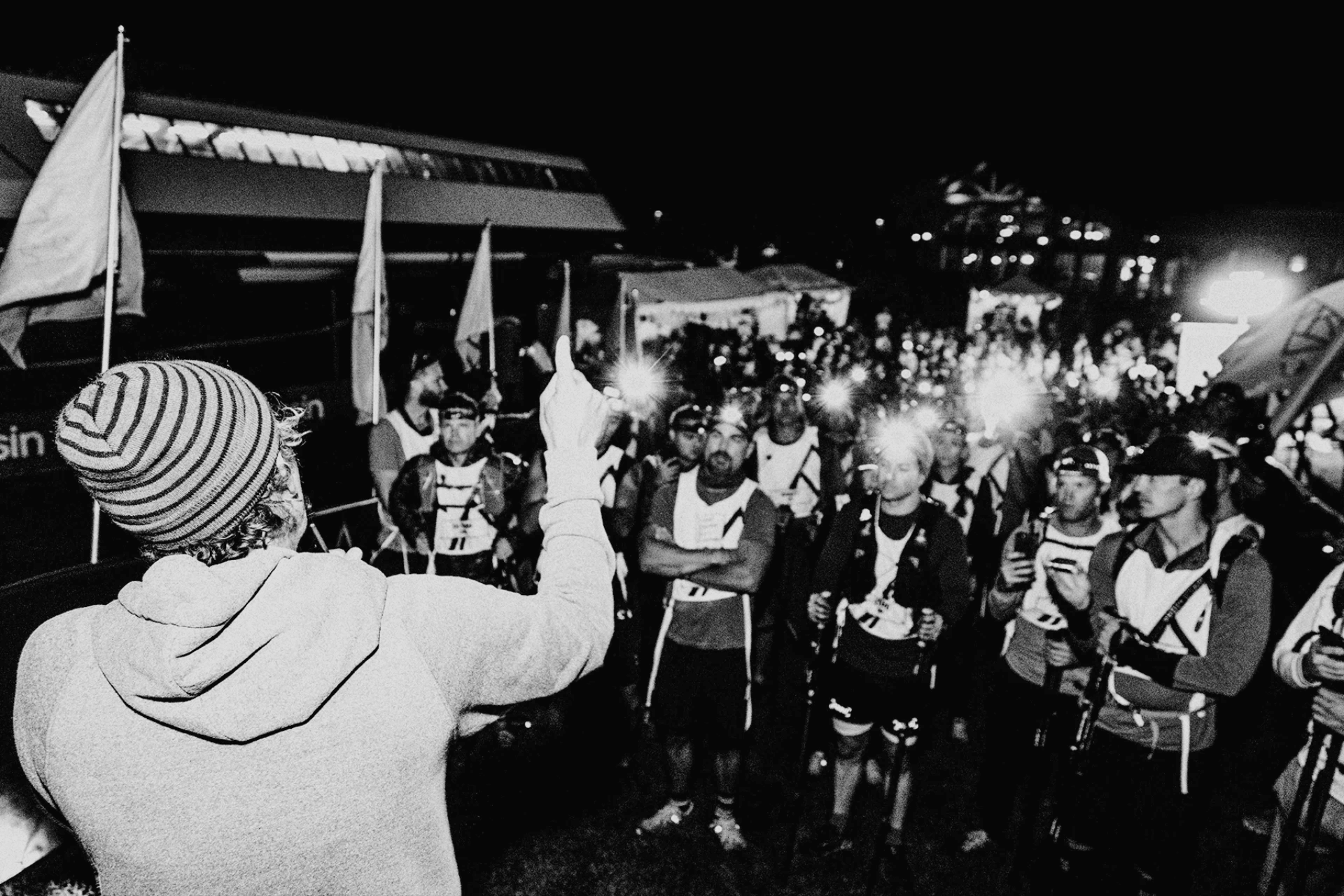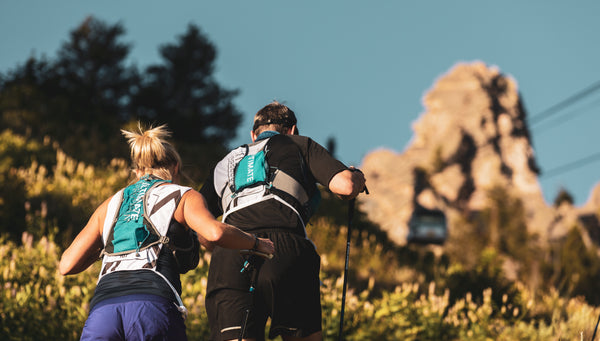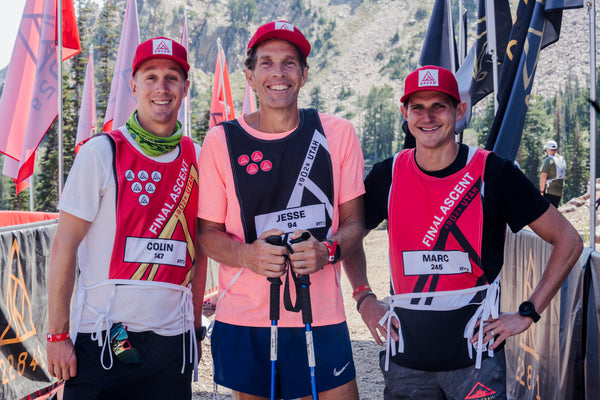Health, Safety & Preparation for 29029
Welcome to 29029
Every ascent begins long before you reach the mountain. At 29029, our priority is your health, safety, and confidence—from your first training day to your final climb.
We’ve hosted 8,000+ athletes, many of whom are taking on an endurance event for the very first time. Whether you’re chasing elevation, purpose, or personal growth, this page is designed to help you make informed decisions, train safely, and arrive ready for one of the most rewarding experiences of your life.
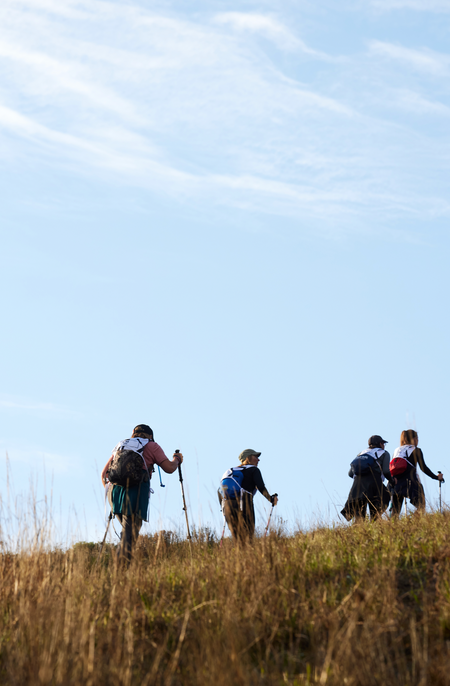
Train Smart, Climb Strong
Your registration includes access to a 20-24-week guided training plan, plus live calls with our endurance coaches. These sessions cover strength, pacing, nutrition, and recovery—giving you a framework to build fitness safely and progressively.
We also host live Q&A sessions on hydration, fueling, mindset, and injury prevention. If you ever feel unsure about your readiness, we encourage you to connect with your coach or medical provider early—small adjustments in training today can prevent big setbacks later.

Medical Readiness Matters
Before registering—or at least 12 weeks before your event—we strongly recommend a full medical evaluation, especially if:
- You’re new to endurance or altitude training
- You haven’t had a physical in the past year
- You have a chronic condition (heart disease, diabetes, asthma, thyroid issues, etc.)
- You’re taking medications that could affect hydration, heart rate, or heat tolerance
- You’ve recently started a new prescription or experienced unexplained fatigue, chest pain, or dizziness
Bring your training plan to your healthcare provider and ask:
“Am I cleared for prolonged exertion at altitude, in variable temperatures?"
This simple question helps you personalize your approach and lowers your risk of preventable complications.

Fuel, Hydrate, and Adapt Wisely
Every athlete’s body responds differently to altitude and endurance effort. At our events, you’ll find aid stations stocked with water, electrolytes, and nutrition options, plus experienced coaches and medical staff ready to assist.
You’re ultimately responsible for your hydration balance—both over- and under-hydration can be dangerous. Practice your fueling plan during training, and avoid trying new supplements or medications right before the event.
Tip: Learn how your body feels when properly fueled and hydrated before you arrive.

Environmental & Altitude Awareness
Many 29029 locations are situated at significant elevations and can experience wide temperature swings. You may encounter intense sun, cold mornings, or heat later in the day.
Be prepared for:
- Decreased oxygen levels → slower pace and quicker fatigue
- Increased fluid loss → higher hydration needs
- Potential for altitude-related symptoms (headache, nausea, dizziness)
- If you experience these symptoms, slow down, hydrate, and seek help early—our medical staff is trained to recognize and treat altitude effects
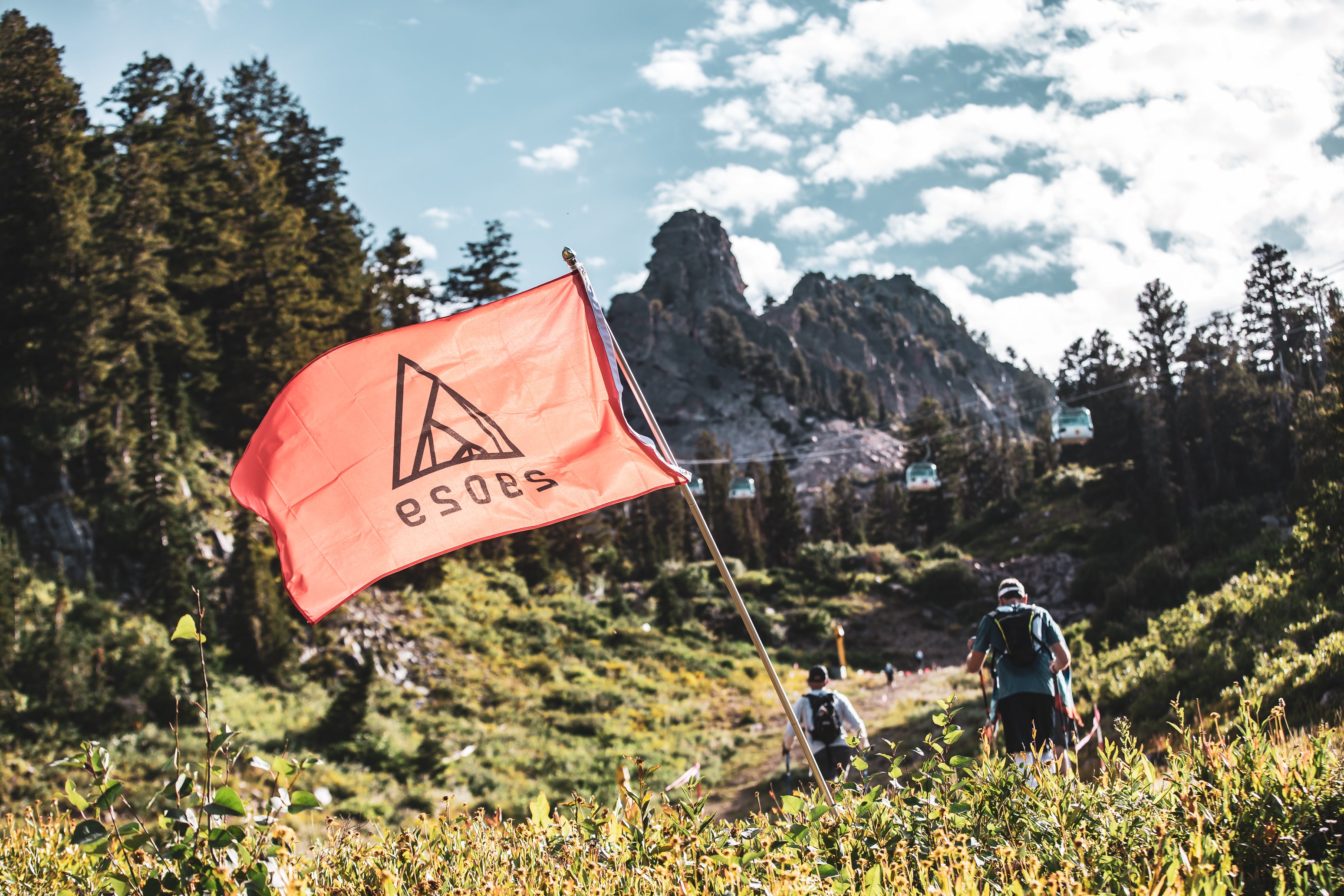
When to Sit This One Out
You should consider not participating if you:
- Feel ill or feverish in the days leading up to the event
- Recently started new medications
- You’re recovering from injury or surgery
- Have ongoing gastrointestinal distress or dehydration
- Wake up on event day feeling “off,” dizzy, or unusually tired
In these situations, it’s important to seek medical advice and follow your healthcare provider’s recommendations before participating.
Your safety matters more than any finish line. Taking one season off is far better than risking long-term harm.

During the Event: Listen to Your Body
Stop immediately and request medical help if you experience:
- Chest pain, shortness of breath, or a pounding heartbeat
- Dizziness, confusion, or inability to concentrate
- Numbness around your lips or fingers
- Severe cramping or cessation of sweating
You will never be disqualified for seeking medical assistance. In fact, asking for help is a sign of strength and good judgment.

After the Event: Recovery Is Part of the Climb
We provide post-event recovery guidance to help your body rebound and rebuild. Keep moving gently, hydrate, and refuel with balanced nutrition.
If you notice dark urine, unusual swelling, persistent fatigue, or chest discomfort after the event, seek medical attention right away—rare conditions like rhabdomyolysis or electrolyte imbalance can develop after intense effort.

Our Commitment to You
Your health, safety, and well-being are our highest priority.
We staff each event with trained medical staff and experienced coaches to support you before, during, and after the climb. Still, the 29029 experience is an individual endurance challenge that carries inherent risks. We ask every participant to respect their body, prepare responsibly, and communicate openly with our staff if something doesn’t feel right.

Participant Acknowledgment
By registering for 29029, you acknowledge that:
- You are voluntarily participating in a demanding endurance event
- You have been advised to seek a professional medical evaluation prior to participation
- You understand that altitude, temperature, and exertion can pose health risks
- You accept personal responsibility for your training, hydration, and pacing choices

The mountain is your mirror. Preparation, awareness, and respect for your limits will make this experience one of the most powerful achievements of your life.
Climb smart, climb safe, and we’ll see you at the summit!

